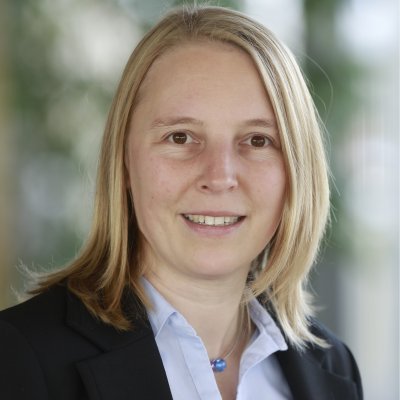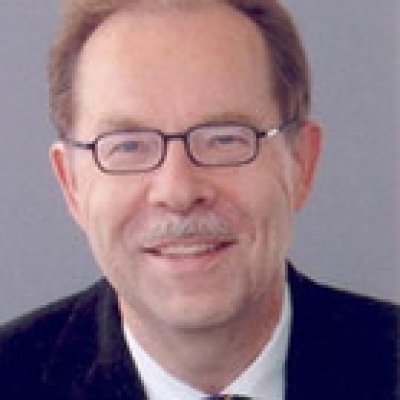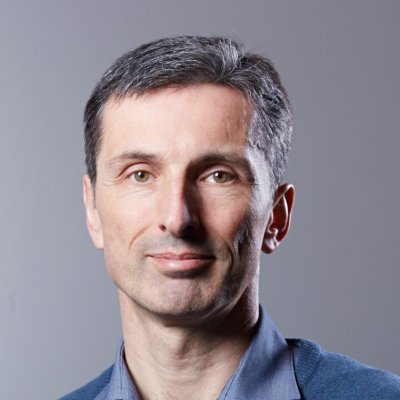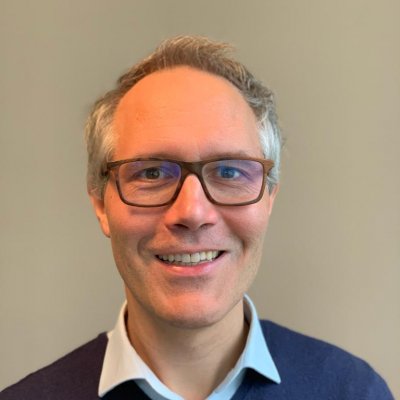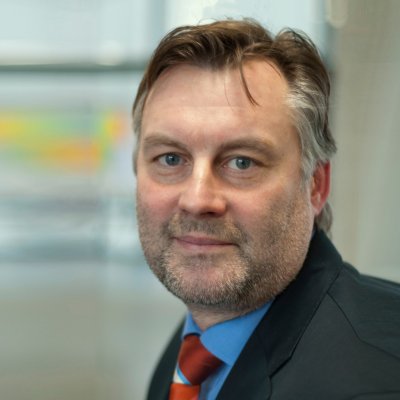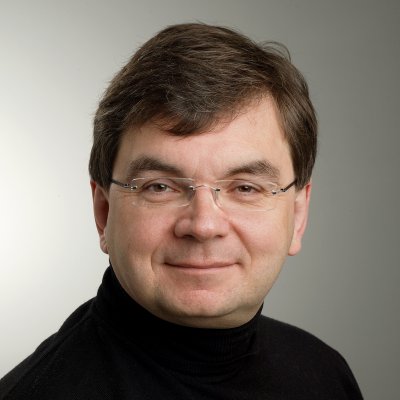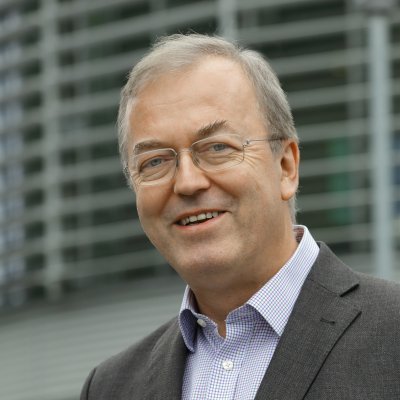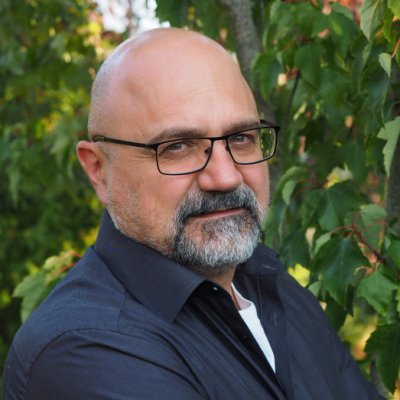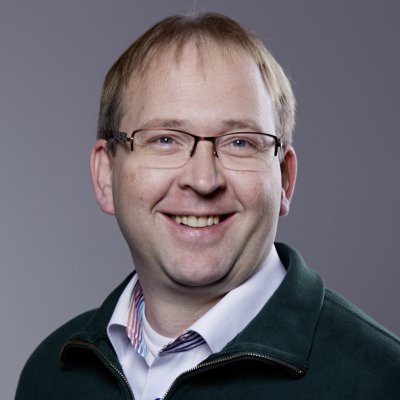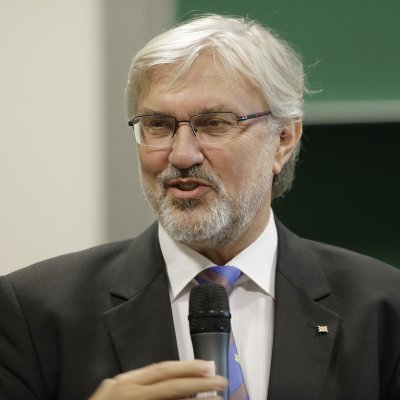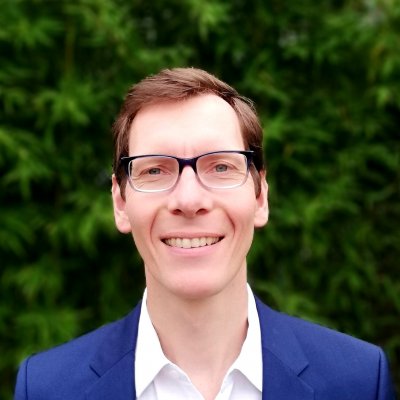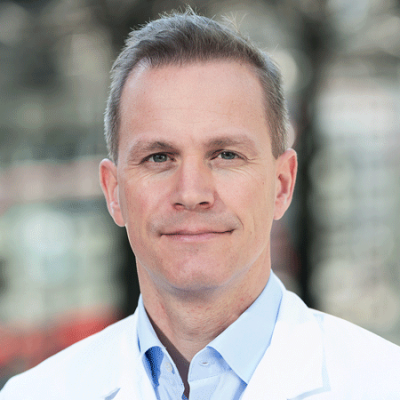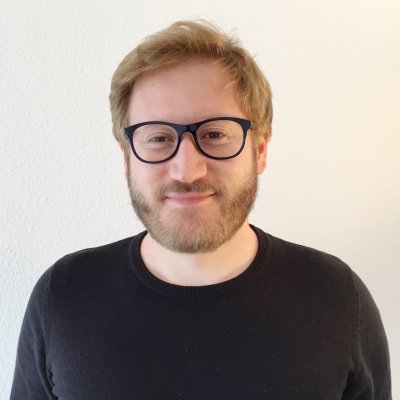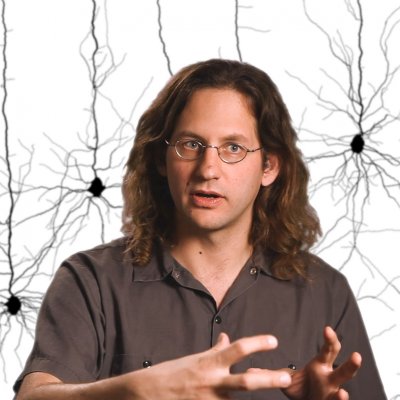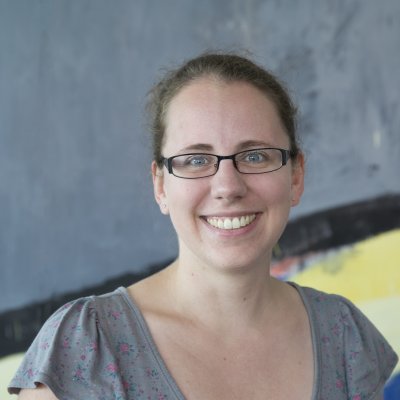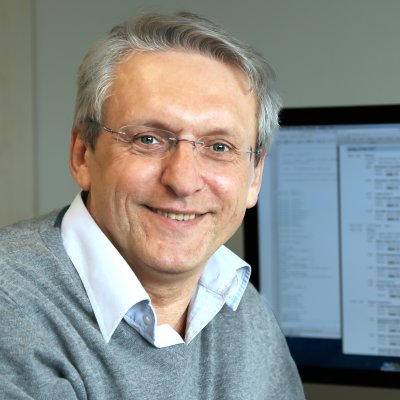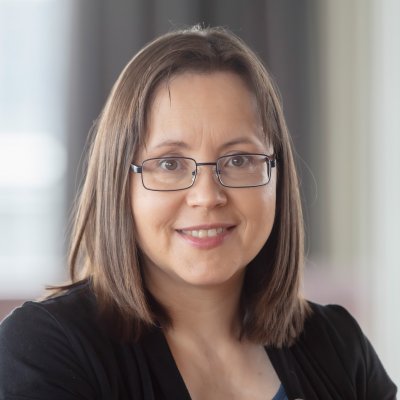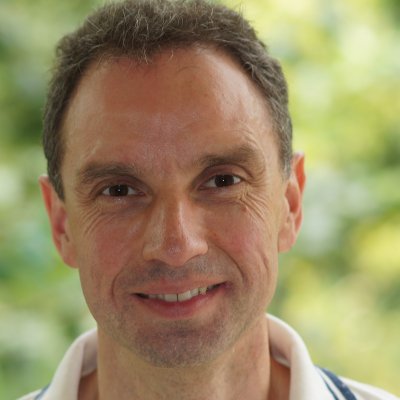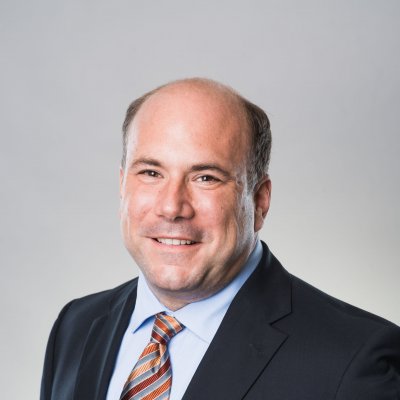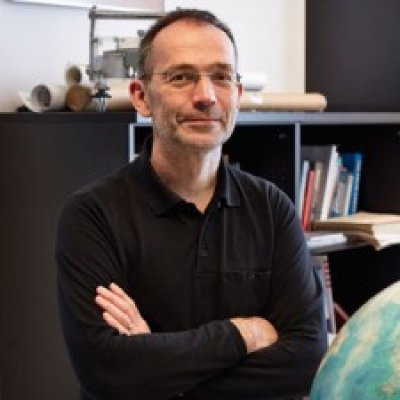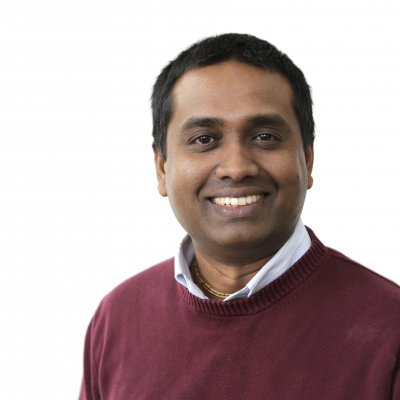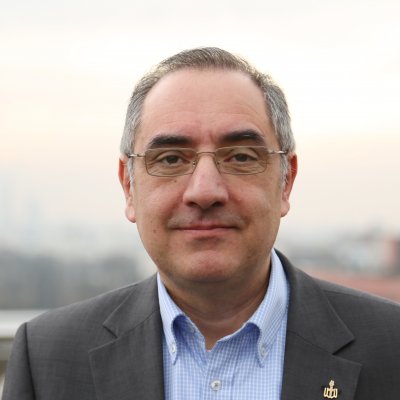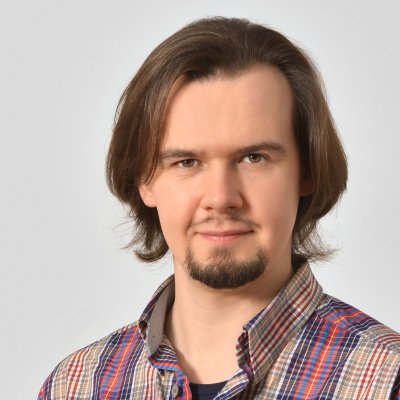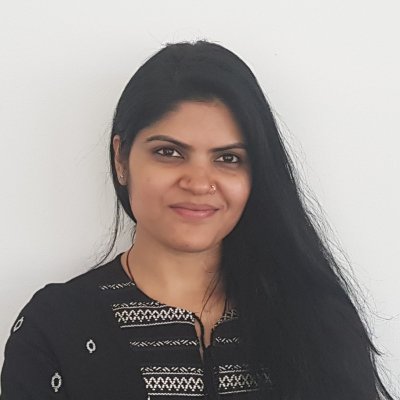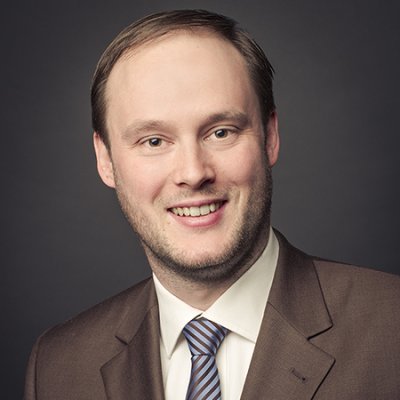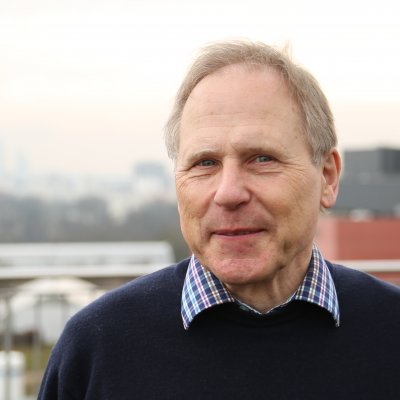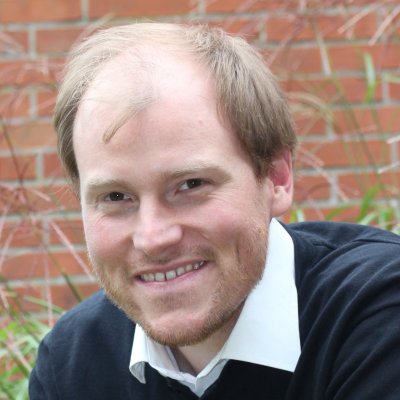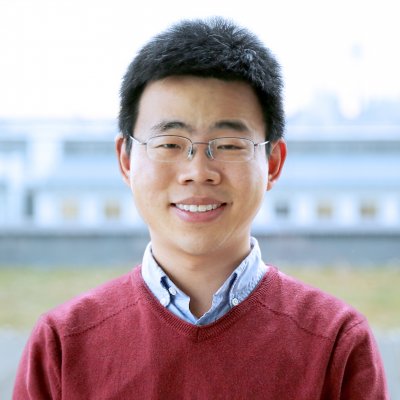Science - Fellows
The scientific staff at FIAS is organized in research groups, each representing a specific research area. A Fellow leads the group of young researchers, post-doctoral researchers and doctoral students.
These research groups conduct the local research and foster the interdisciplinary character of the programs. FIAS PhD students are often co-supervised by different Fellows in order to represent the different interdisciplinary aspects of the research. The leaders of the research groups initiate their own research projects, invite visiting scholars and organise summer schools, conferences and much more.
Fellow status is based on scientific experience. For the appointment, the approval of the Executive Board, Faculty, Scientific Advisory Board and Foundation Council is obtained.
Senior Fellow: Experienced scientists with an outstanding publication record (comparable to W3 status). They form the FIAS Faculty.
Fellow: High potential young researchers with a strong publication record (comparable to W1/W2 status).
International Fellow: Experienced scientists with an outstanding publication record (comparable to W2 status), affiliated with an external research institution.
Adjunct Fellow: Internationally renowned scientists who regularly collaborate and publish with FIAS researchers.
These fellows are appointed for three years or the duration of their project; renewal is possible.
Fellow Emeritus: Former (Senior) Fellows with a long-standing or particularly meritorious affiliation.
Honorary Fellow: Persons who have rendered outstanding services to FIAS (e. g. benefactors, donors).
These Fellows are appointed for life.
International Fellows
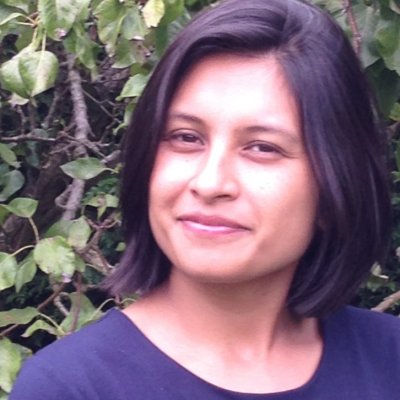
Prof. Dr. Samaya Nissanke
Theoretical Sciences
Fellows Emeriti
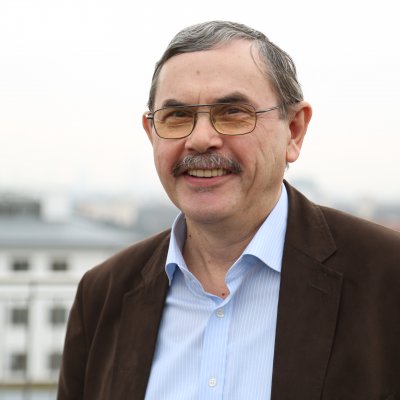
Prof. Dr. Igor Mishustin
Theoretical Sciences
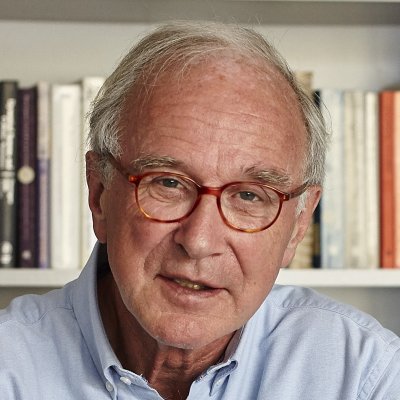
Prof. Dr. Christoph von der Malsburg
Life- and Neurosciences
Adjunct Fellows
- Prof. Dr. Jörg Aichelin, Subatech, CNRS, Université de Nantes
- Prof. Dr. Thomas Boller, Max-Planck-Institut für extraterrestrische Physik, Garching
- Prof. Dr. Henner Büsching, Institut für Kernphysik, Goethe-Universität, Frankfurt
- Prof. Laslo Csernai, Department of Physics and Technology, University of Bergen, Norwegen
- Prof. Dr. Eduardo Guendelman, Department of Physics, Ben-Gurion University of the Negev
- Prof. Dr. Thomas Haberer, HIT, Universitätsklinikum Heidelberg
- Prof. Dr. Peter Hess, Instituto de Ciencias Nucleares, Universidad Nacional de México, Mexico
- Prof. Dr. Alex Kies, Department of Electrical and Computer Engineering, Aarhus University
- Prof. Dr. Thomas Metzinger, Philosophical Seminar, Johannes Gutenberg-Universität, Mainz
- Apl. Prof. Dr. Piero Nicolini, Institute Theoretical Physics, Goethe-Universität, Frankfurt
- Prof. Dr. Constatin Rothkopf, Institut für Psychologie, TU Darmstadt
- Dr. Laura Tolos, Institut für Theoretische Physik, Goethe-Universität, Frankfurt
- Prof. Dr. Esteban Hernandez Vargas, Systems Medicine of Infectious Diseases
